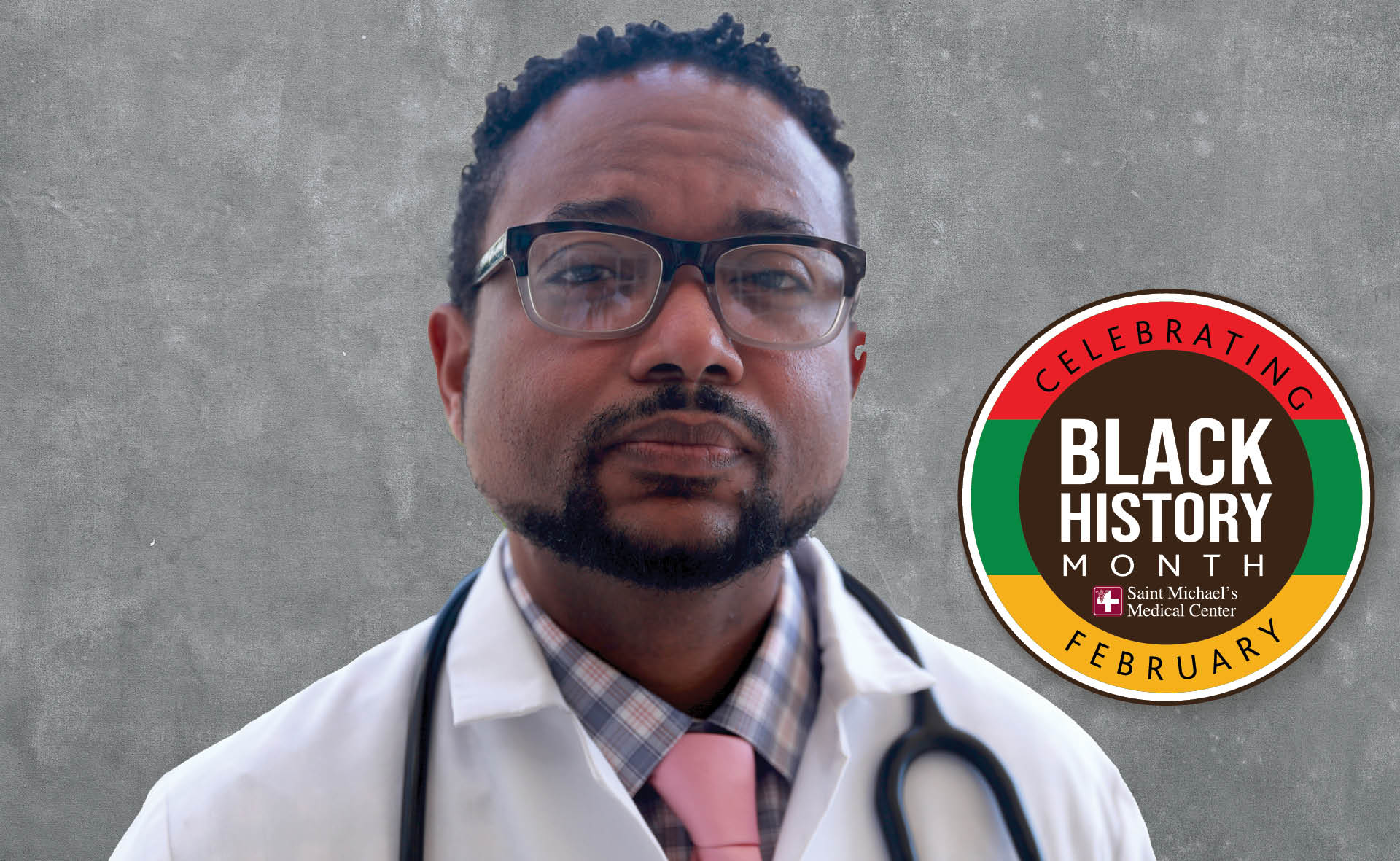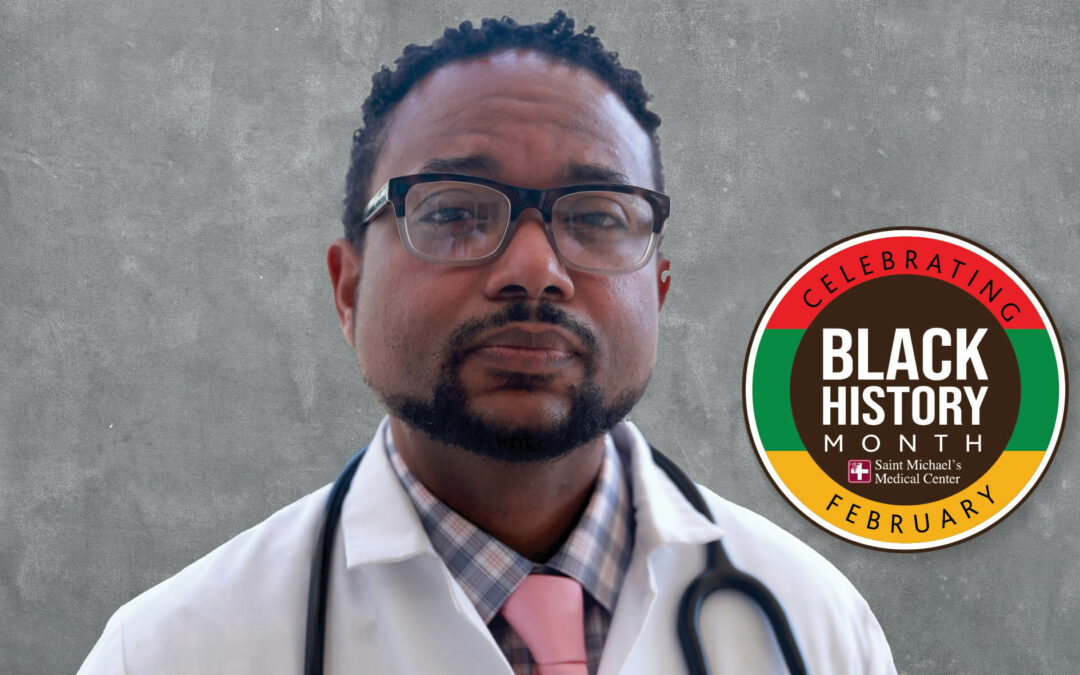
By Dr. Hamid Shaaban
Hematologist & Medical Director, Regional Cancer Center at Saint Michael’s Medical Center
February has been designated Black History Month and National Cancer Prevention Month, and it is the ideal time to examine how to address the trend of the Black/ African-American population suffering with the highest cancer mortality rates of all minority demographic groups.
This month is important because it provides an opportunity to celebrate African Americans’ innumerable contributions to the country’s history while recognizing the inequities and struggles that have divided our great nation over time. Systemic injustices and inequality has spanned every inch and industry in America, from voting rights, home ownership to equal pay, and the field of medicine is no exception.
At Saint Michael’s Medical Center Cancer Center, we acknowledge the racial health care disparities and inequities that Black cancer patients face. When we come to work everyday, we are dedicated to understanding these issues and actively contributing to changes that can shape a better future for underserved populations and all individuals fighting cancer.
The cancer burden facing the African American population is undoubtedly significant. African Americans have the highest mortality rate of any racial and ethnic group for all cancers combined and for most major cancers. Death rates for all major causes of death are higher for Black/African Americans than for non-Hispanic whites, contributing in part to a lower life expectancy for both Black/African American men and women. A report by the U.S. Department of Health and Human Services Office of Minority Health showed that:
- From 2015-2019, African American men were 1.2 times and 1.7 times, respectively, more likely to have new cases of colon and prostate cancer, as compared to non-Hispanic white men.
- Black/African American men are 1.8 times as likely to have stomach cancer, as compared to non-Hispanic white men and 2.5 times more likely to die from stomach cancer.
- Black/African American men have lower 5-year cancer survival rates for most cancer sites, as compared to non-Hispanic white men.
- Black/African American men are twice as likely to die from prostate cancer, as compared to non-Hispanic white men.
- From 2015-2019, Black/African American women were just as likely to have been diagnosed with breast cancer; however, they were almost 40 percent more likely to die from breast cancer, as compared to non-Hispanic white women.
- Black/African American women are twice as likely to be diagnosed with stomach cancer, and they are 2.3 times more likely to die from stomach cancer, as compared to non-Hispanic white women.
While much is being done at SMMC Cancer Center to remedy the socioeconomic and healthcare inequities experienced by African Americans, there is undoubtedly a lot of work ahead and goals that needs to be accomplished. We are proud of our work and will continue to fight against disparities with the same energetic verve and enthusiasm to fight against cancer so we can make an impactful progress.
Black History Month reminds us to not only reflect on the past but also to improve the future. We do this by educating ourselves and taking action in the present to repair broken systems to create a more equitable future. At our Cancer Center, we will continue our tireless commitment to serving the African American community with outstanding oncological and patient care.
The fight for equality will never cease and we will continue to aspire for it.


